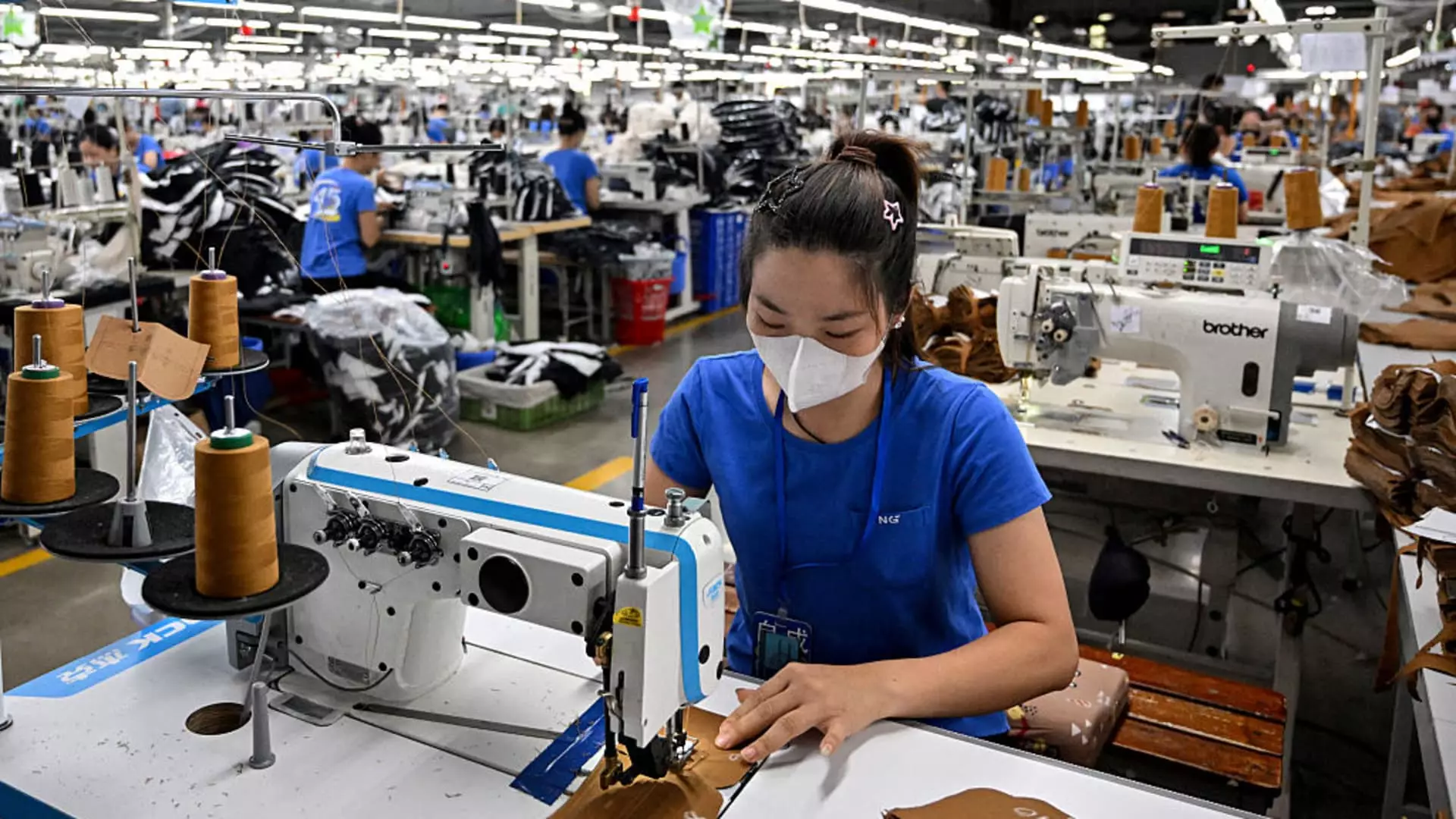In a political climate dominated by nationalist and protectionist rhetoric, President Donald Trump’s announcement of a new trade deal with Vietnam presents a narrative of strategic strength and economic victory. However, beneath the surface of press releases and social media posts lies a stark reality: this deal is neither a cure-all nor an unqualified victory. While Trump claims that Vietnam will pay a 20% tariff on its exports, the truth is that tariffs are ultimately paid by U.S. consumers and businesses. This illusion of reciprocal benefit masks the real consequences of such protectionist measures—a higher cost of living for Americans, increased economic uncertainty, and a fragile façade of economic growth that could shatter if trade tensions escalate further.
Protectionist policies like this trade deal are often painted as safeguarding national interests, but they fundamentally distort market dynamics. Imposing tariffs on imported goods—regardless of who bears the immediate financial burden—can destabilize complex supply chains, impede innovation, and foster retaliatory measures from trading partners. The agreement’s focus on transshipment controls highlights a deeper concern: how protectionism breeds loopholes, encouraging countries to game the system rather than engaging in genuine fair trade. This specific tariff arrangement with Vietnam underscores a troubling pattern of heavy-handed tactics cloaked in patriotic rhetoric, which ultimately hinges on shifting economic costs onto the average American.
The Fragile Illusion of Economic Self-Reliance
Politicians like Trump continuously promote the idea that tariffs will create a more balanced and self-reliant economy. Yet, this notion is fundamentally flawed. Tariffs do not stimulate innovation or productivity; instead, they create artificial barriers that distort competitive forces. The recent adjustment of Vietnamese tariffs from 46% to 20% might seem like a compromise, but it’s still a significant increase that risks making everyday goods—clothing, electronics, and other imports—more expensive for Americans. These rising costs are a hidden tax on consumers, yet they are often dismissed as temporary or necessary sacrifices for national security and economic sovereignty.
Moreover, the long-term implications of such protectionist policies threaten to undermine the very free-market principles that drive technological progress and consumer choice. The assumption that cleaner, more efficient global supply chains can be replaced by politically motivated trade barriers is naive. It risks creating a patchwork of tariffs that further complicate global trade and push countries toward more aggressive economic decoupling. What is presented as a strategic move to combat transshipment and China’s influence might simply be a temporary fix that fosters economic fragmentation rather than growth.
The False Promise of Boosted Revenues and Public Trust
Supporters of Trump’s tariffs argue that the billions of dollars collected bolster national coffers and serve as leverage in negotiations. While this assertion holds some truth, it oversimplifies a complex reality: increased tariffs can backfire by provoking retaliation, which has the potential to devastate American industries and workforce. For example, the retail sector, already feeling the pinch from rising prices, may suffer from decreased consumer spending as costs are passed down from importers to end users.
Furthermore, the political narrative surrounding tariffs often ignores the broader impact of economic uncertainty. Companies are forced to stockpile goods, delay investments, and reconfigure supply chains—costly pursuits that reduce economic efficiency. The short-term revenue gains for the government come at the expense of long-term economic health. When the average American faces higher prices at the grocery store or on clothing, the supposed benefits of tariffs evaporate, revealing their true nature as a policy that favors protected industries over consumer welfare.
The Dilemma of Uncertainty and Market Instability
Perhaps the most troubling aspect of Trump’s trade approach is its unpredictability. Markets thrive on stability and orderly negotiations; arbitrary tariff hikes and sudden policy reversals undermine this stability. As Federal Reserve Chairman Jerome Powell indicated, tariffs’ impacts will reveal themselves gradually, adding an element of unpredictability that hampers economic planning and investment.
In the current environment, companies are playing a waiting game, stockpiling inventory and hedging against potential future costs. The risk of escalating tariffs or further protectionist measures casts a long shadow over the U.S. economy, fostering a climate of caution rather than confidence. This climate of uncertainty hampers growth, employment, and innovation, leaving American consumers and businesses in a perilous limbo. Instead of fostering resilience through fair and open trade, the protectionist stance risks driving the U.S. further into an economic quagmire where short-term gains are overshadowed by long-term instability and lost opportunities.


Leave a Reply